Bega’s the big cheese after $534m Lion buy
Bega Cheese’s $534m acquisition of Lion Dairy & Drinks will create a giant $1.5bn Australian food company.
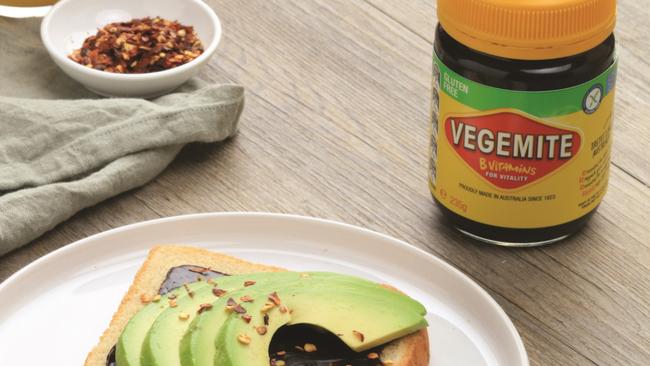
Bega Cheese’s $534m acquisition of Lion Dairy & Drinks will create a giant $1.5bn Australian food company that will deliver more stable, if not better, returns for farmers, according to executive chairman Barry Irvin.
After losing the bidding war for Warrnambool Cheese and Butter seven years ago, Bega triumphed over rival Saputo and John Wylie’s Tanarra Capital to snap up Lion Dairy & Drinks.
The deal will return Big M, Dairy Farmers, Farmers Union and other brands to Australian ownership, and while Bega will part with more than half its market capitalisation to fund it, the cost is fraction of the $2.9bn Lion paid for the dairy when it took over National Foods in 2007.
The deal was also $66m less than what China’s Mengniu Dairy was willing to pay for the business before the Morrison government vetoed the proposal, citing foreign investment concerns.
Mr Irvin said the acquisition would shift Bega up the value chain, lessening its reliance on commodity products. He added that it would also cushion the company against the volatility that came with commodity markets, providing farmers with more stable returns.
“Your best opportunity for improved returns across the whole supply chain is to be as efficient and as competitive as possible,” Mr Irvin said.
“The effect of putting Bega Cheese and Lion Dairy together is you now have a business with a full spectrum of products from manufacturing core longer shelf life products like cheese, butter and powders but also access the fresh dairy market with yoghurt, flavoured and white milk and meet a customer wherever they might me.
“That gives an opportunity to maximise the value out of every litre of milk and that’s the key to delivering better returns, and it is as much about stability of returns too. The challenge of being just exposed to commodity markets is you get all that volatility.”
The dairy industry has been ripe for consolidation for much of the past decade as milk volumes have fallen significantly, margins eroded during the $1 a litre supermarket milk price war and competition for supply has intensified.
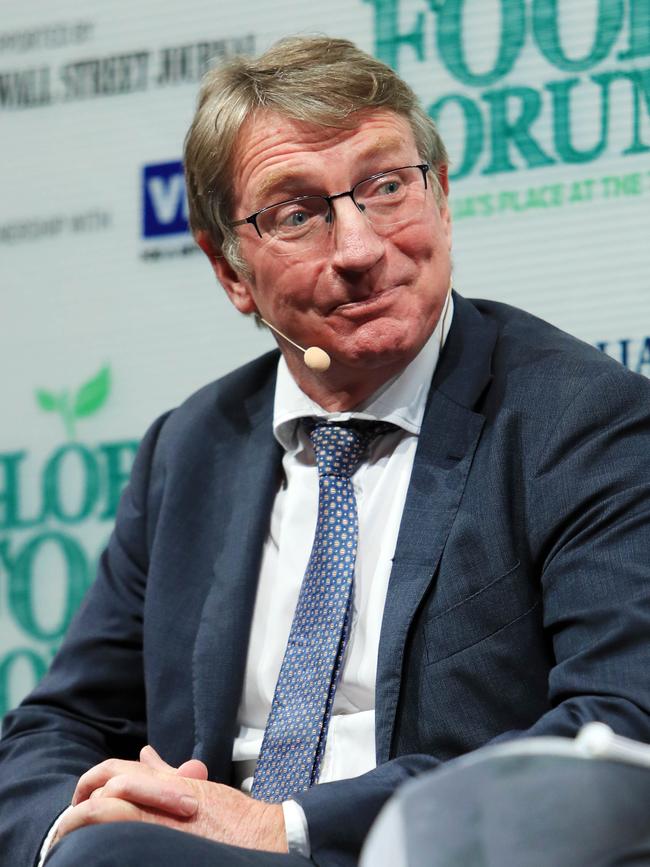
Already there have been several big deals, including Canada’s Saputo taking over Warrnambool Cheese and Butter (WCB) in 2014 and later Australia’s biggest dairy processor Murray Goulburn and Lion’s specialty cheese business, including King Island Dairy.
Bega was part of a bidding war for WCB against Saputo and Murray Goulburn in 2013. At the time then Murray Goulburn managing director Gary Helou said Australia would continued to be “absolutely whacked” by multinationals unless it formed a super co-operative.
While Bega isn’t a co-operative it has come close to becoming a mega food processor to take on international rivals, with its deal with Lion elevating its market cap to more than $1.5bn.
It also returns a suite of well known brands to Australian hands — something Bega has form with after it acquired most of Kraft’s Australian food operations, including Vegemite and peanut butter, for $460m in 2017.
When asked if he was about to become the next Dick Smith, who closed his eponymous Australian-made and owned foods brand in 2018, Mr Irvin said he had been a long-time advocate of Australians owning the higher parts of the food value chain.
“My argument has long been that I could not understand why in Australia we didn’t seem to want to own the value-added end of our food capabilities,” Mr Irvin said.
“We are very good at producing the raw material but we haven’t had strong Australian companies owning strong Australian brands. And I’ve always said that that shouldn’t be the case because we talk about getting the value benefit staying in Australia if you like, so I’m pretty pleased that we have been able to do this.”
The deal will add another 13 factories to Bega’s seven, almost tripling its manufacturing footprint. It will also deliver a near 15-fold increase in Bega’s distribution and warehouse capability, including access to Australia’s biggest cold chain distribution network, although Mr Irvin indicated there would be some rationalisation of those points.
Importantly, the acquisition will almost double Bega’s milk intake from 955 million litres to 1.7 billion litres a year.
It will fund the acquisition via a $267m debt from new and existing facilities, and a $401m underwritten capital raising of $401m, which the company announced this week. As part of the equity raising, shares are being sold at $4.60 each, consisting of a $180m placement and a $220m entitlement offer.
It will take Bega’s net debt to $518m and leverage ratio of 3.3 times earnings. But Mr Irvin said the deal would result in cost savings of about $40m a year, supporting deleveraging and Bega’s commitment to maintain a leverage target of two times in the near to medium term.
Morgans analyst Belinda Moore said Bega would have to ensure it meets its $40m a year synergies target or risk diluting profit margins across the entire business.
“It is really quite a low-margin business. If you look at the 3.5 per cent EBITDA margin, there is a lot of revenue but not a lot of earnings, so therefore they have to deliver on the synergies target — in fact really over-deliver it and get that margin up quite substantially, otherwise it dilutes the overall group margins initially,” Ms Moore said.
“There are some great brands and products in the portfolio and there’s some other ones, like fresh milk which has been a tough business for the last few years albeit it’s getting better than what it was, and orange juice is tough.
“But overall, the headline multiples look in line with industry.”


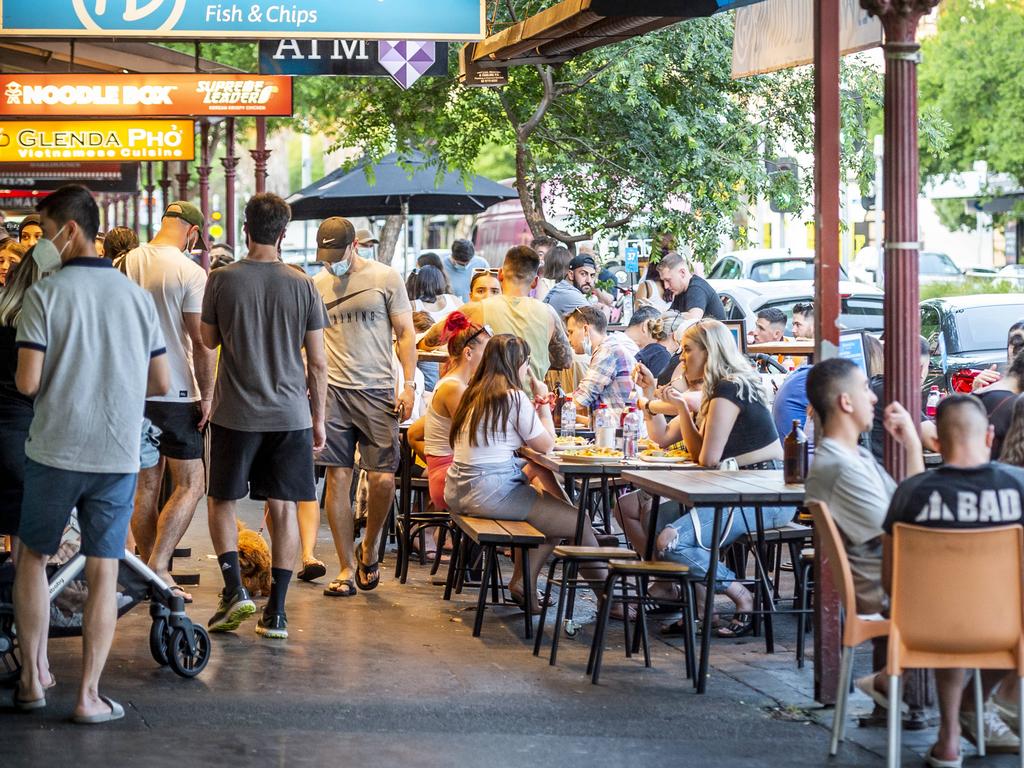
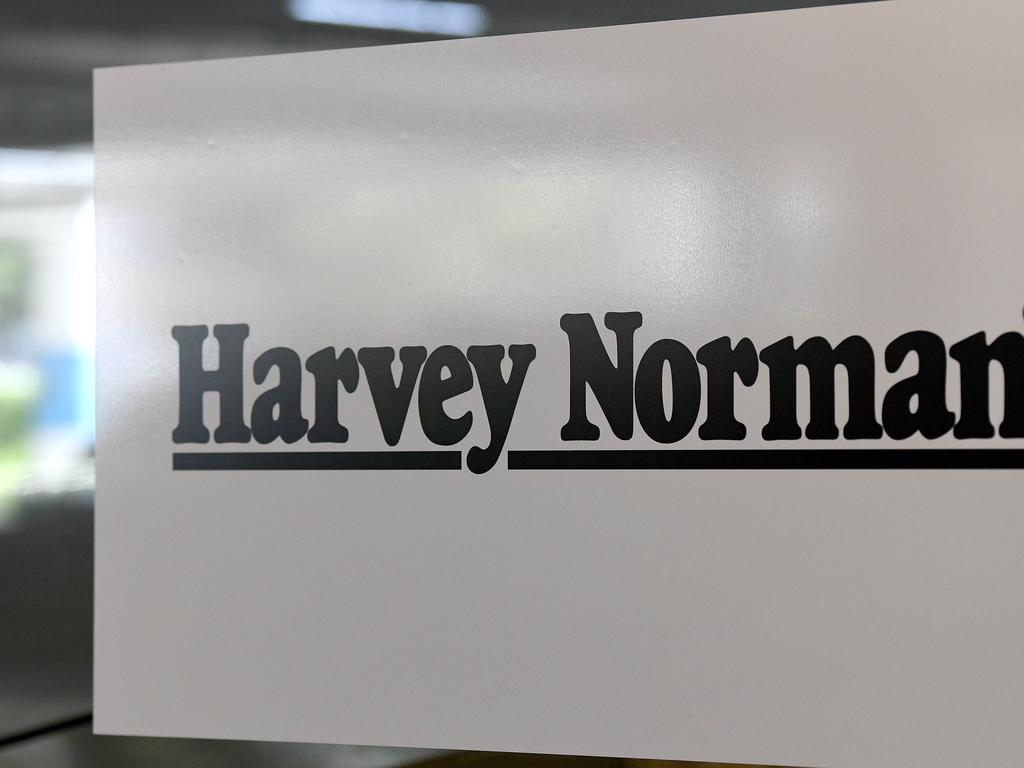
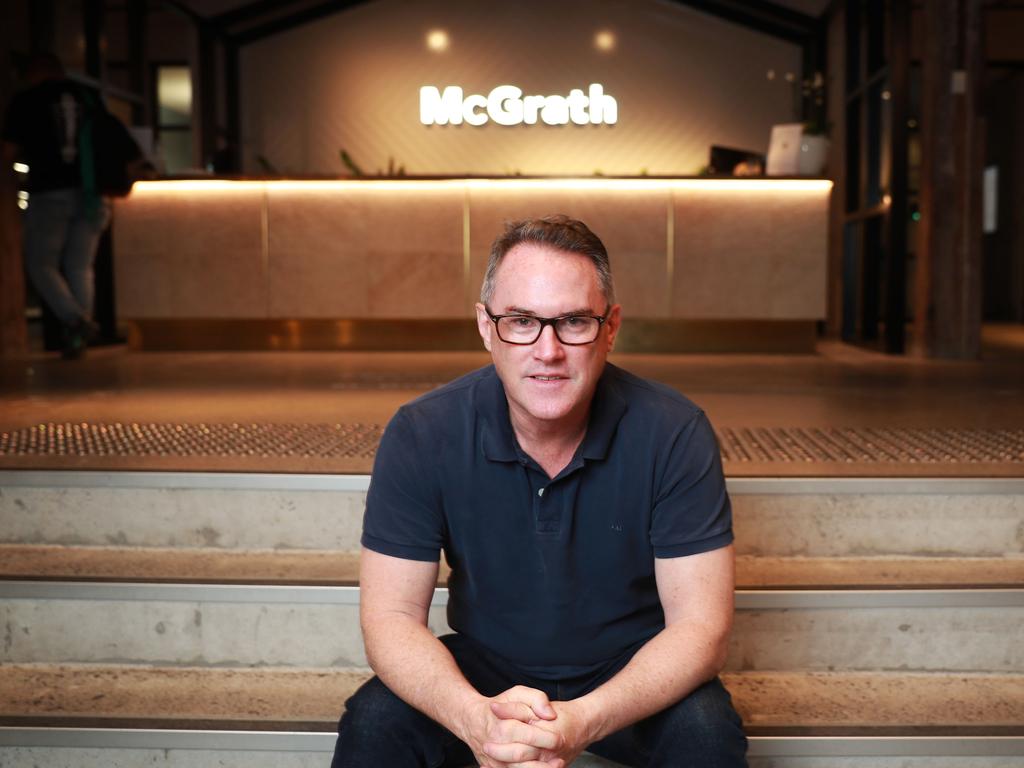



To join the conversation, please log in. Don't have an account? Register
Join the conversation, you are commenting as Logout